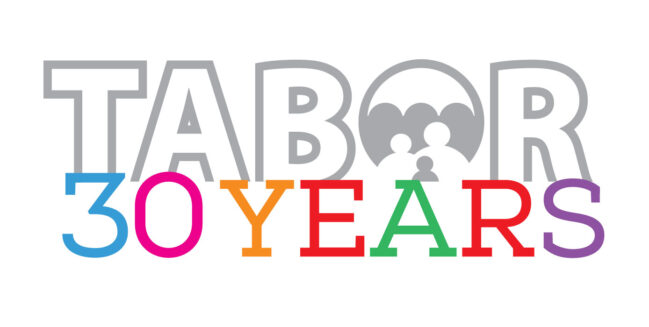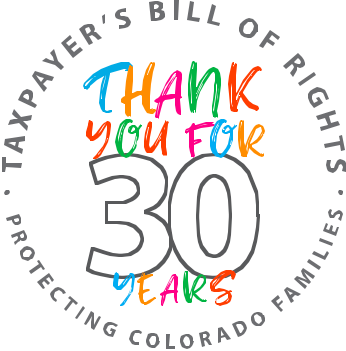





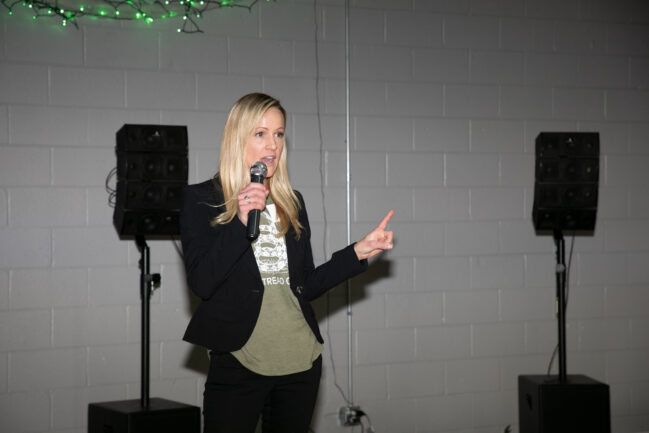
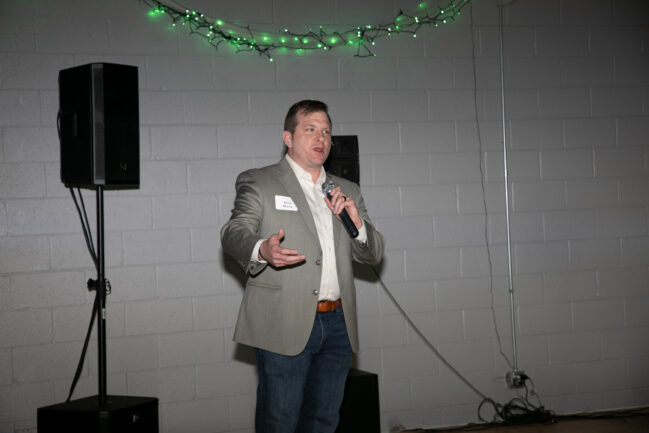
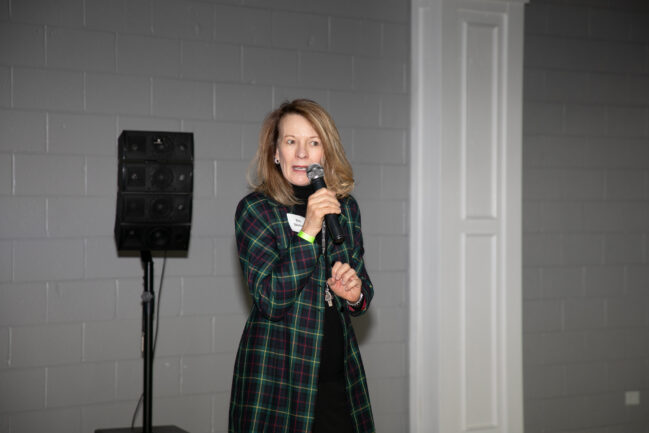
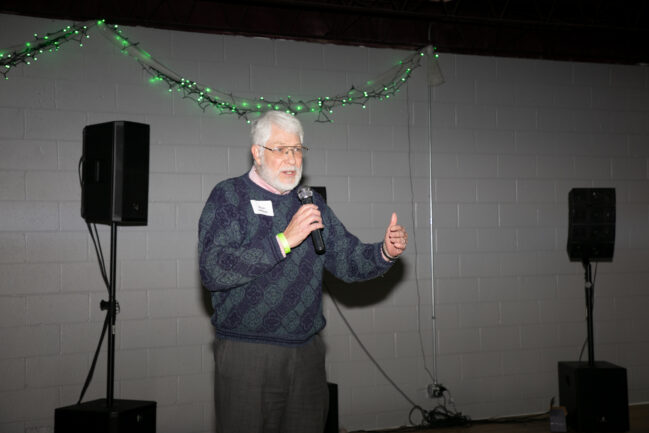
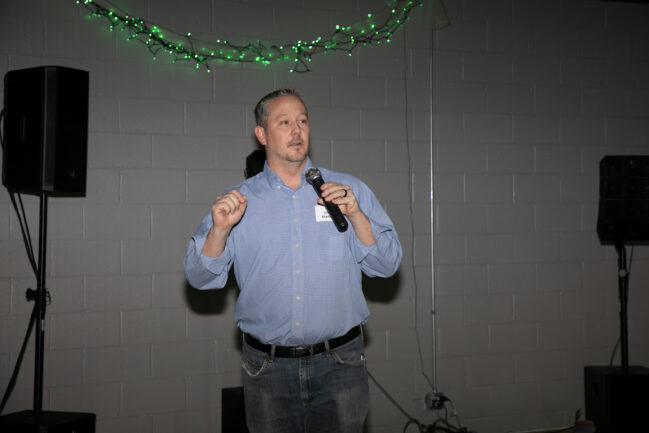

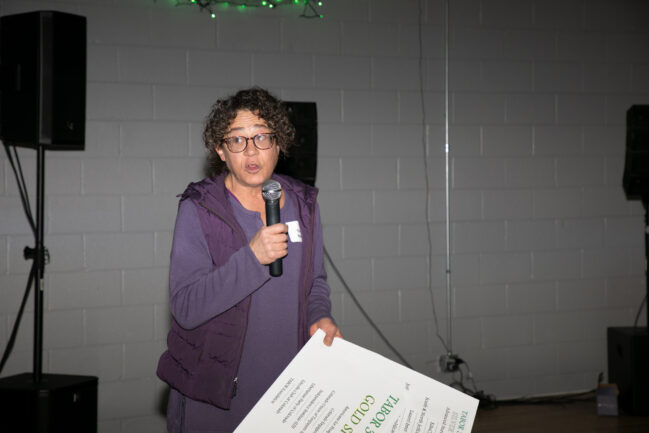

















































































 Last year, Colorado Democrats championed TABOR refunds as they campaigned for reelection. Yet not a week into the 2023 legislative session, they announced plans to try and halt those refunds indefinitely.
Last year, Colorado Democrats championed TABOR refunds as they campaigned for reelection. Yet not a week into the 2023 legislative session, they announced plans to try and halt those refunds indefinitely.
A forthcoming bill by Rep. Cathy Kipp (D) and Sen. Rachel Zenzinger (D), if passed by the legislature and approved by voters, would allow the state to retain future tax refund dollars mandated under the Taxpayer’s Bill of Rights (TABOR) in Colorado’s Constitution. Kipp says the money would go to fund public schools.
Proponents of this idea have failed in the past to gather the 120,000 signatures required to put the question on the November ballot. The legislature can circumvent this requirement by passing the measure as a bill first.
Every time voters speak on key issues related to TABOR, they send the same unambiguous message: “Leave TABOR alone and let us keep our money!”
Democratic legislators either didn’t get the message, or they just don’t care what voters think.
In 2019 after voters gave Democrats unified control over state government, legislators thanked them by sending Proposition CC–which would have permanently ended TABOR refunds–to the November ballot, where Coloradans soundly rejected it.
Coloradans spoke loud and clear: “Leave TABOR alone and let us keep our money!”
In 2020, voters had the choice between two competing citizen-led ballot initiatives. One would have raised taxes and repealed TABOR’s requirement that Colorado maintains the same income tax rate for all taxpayers. The other, put on the ballot by my organization, Independence Institute, reduced the state’s income tax rate from 4.63 to 4.55 percent. The latter passed with a wide margin. The former failed even to gather enough signatures to appear on the ballot.
Once again, Coloradans spoke loud and clear: “Leave TABOR alone and let us keep our money!”
Fast forward to 2022. If the people of Colorado had not made their will clear enough already, last year left no ambiguity.
To continue reading this story, please click (HERE):
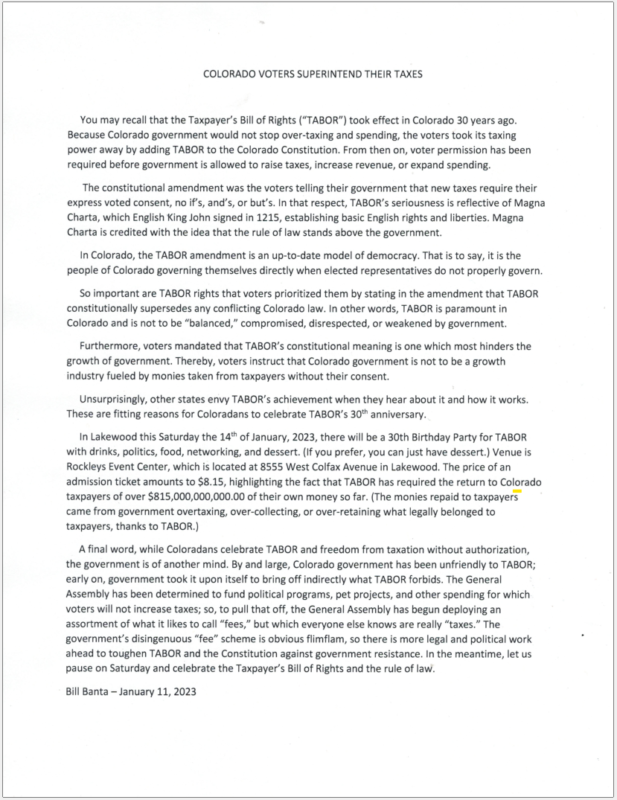
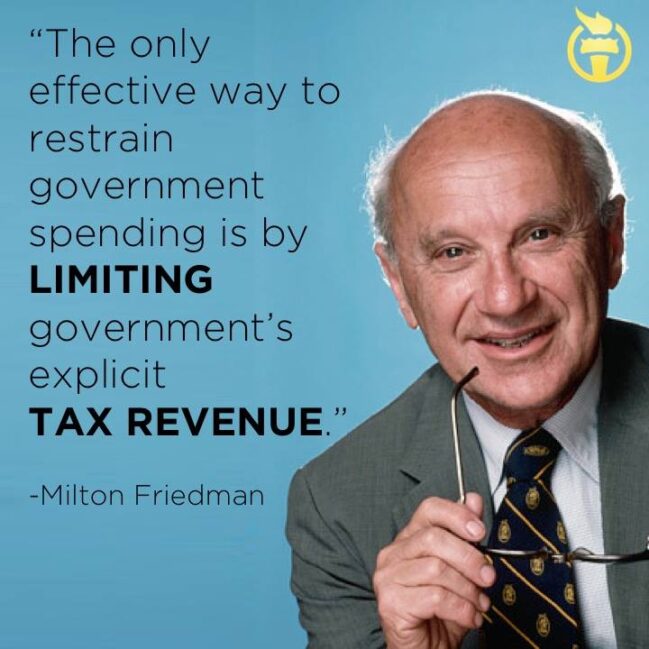
#DontBeFooled
#ItsYourMoneyNotTheirs
#VoteOnTaxesAndFees
#FeesAreTaxes
#TABOR
#ThankGodForTABOR
#FollowTheMoney
#FollowTheLaw


#DontBeFooled
#ItsYourMoneyNotTheirs
#VoteOnTaxesAndFees
#FeesAreTaxes
#TABOR
#ThankGodForTABOR
#FollowTheMoney
#FollowTheLaw
#DontBeFooled
#ItsYourMoneyNotTheirs
#VoteOnTaxesAndFees
#FeesAreTaxes
#TABOR
#ThankGodForTABOR
#FollowTheMoney
#FollowTheLaw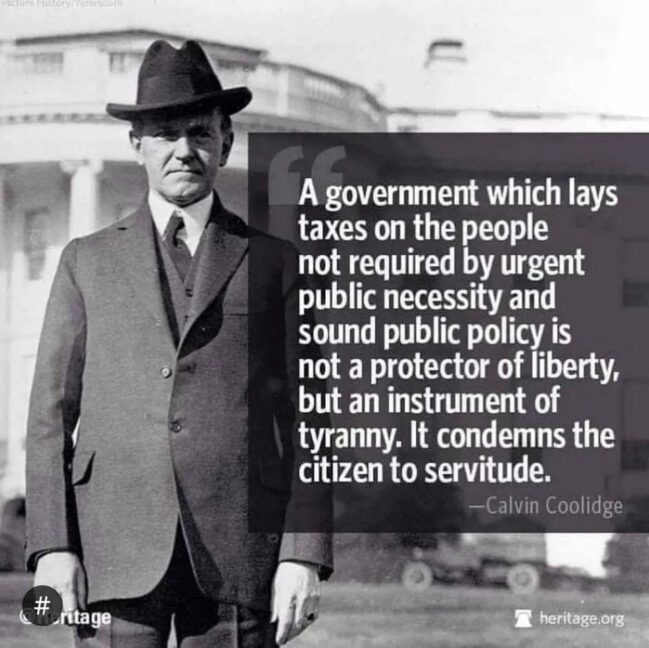

#DontBeFooled
#ItsYourMoneyNotTheirs
#VoteOnTaxesAndFees
#FeesAreTaxes
#TABOR
#ThankGodForTABOR
#FollowTheMoney
#FollowTheLaw
